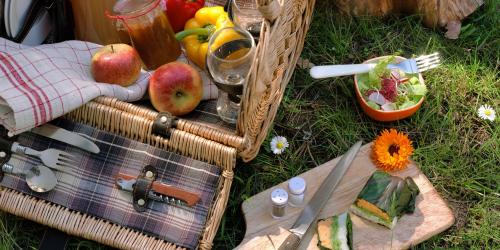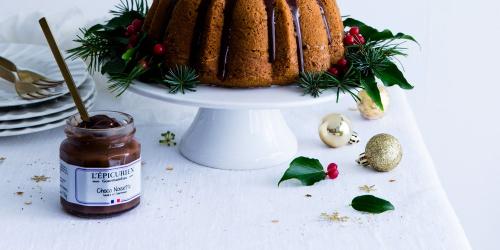Your taste buds are already in turmoil, since it's the Candlemas! You already see pancakes jumping in all directions? But do you know where this tradition really comes from and why do we eat Candlemas pancakes?
Candlemas, religious roots?
At the beginning of this gourmet tradition, there is a religious festival: the Candlemas actually represents "the presentation of the child Jesus, 40 days after Christmas". Its name comes from the Latin word "candela" meaning "candle" and dates from the fifth century.
If in the beginning, it seems that February 2 was a feast in honor of the god Pan (god of Nature) in Ancient Rome, the rites evolved from the Christianization of the Roman Empire. Soon, the Church seized the dates of the pagan celebrations and simply replaced them: in 472, Pope Gelasius I therefore decided that the Candlemas was a Christian holiday, where one must go with candles to the Church.
The candlemaker, a question of superstitions?
It remains to be seen where the tradition of pancakes comes from. Like many popular festivals, Candlemas comes from superstitions: "If you do not want smoky wheat, eat pancakes with Candlemas" in other words, to have a good harvest, you have to eat pancakes on February 2.
And that's not all: the principle was not only to taste these pancakes, "it was appropriate to blow the first crepe with the right hand while holding a golden Louis in the left hand". Not that easy. Then, this pancake was deposited on the wardrobe of the room, with the room slipped inside. The following year, it was necessary to recover all and give the piece to the first person penniless that we crossed.
Another hypothesis would be that Pope Gelasius I, responsible for the appropriation of this date in the Christian calendar, distributed pancakes to the pilgrims who came with the candles.


